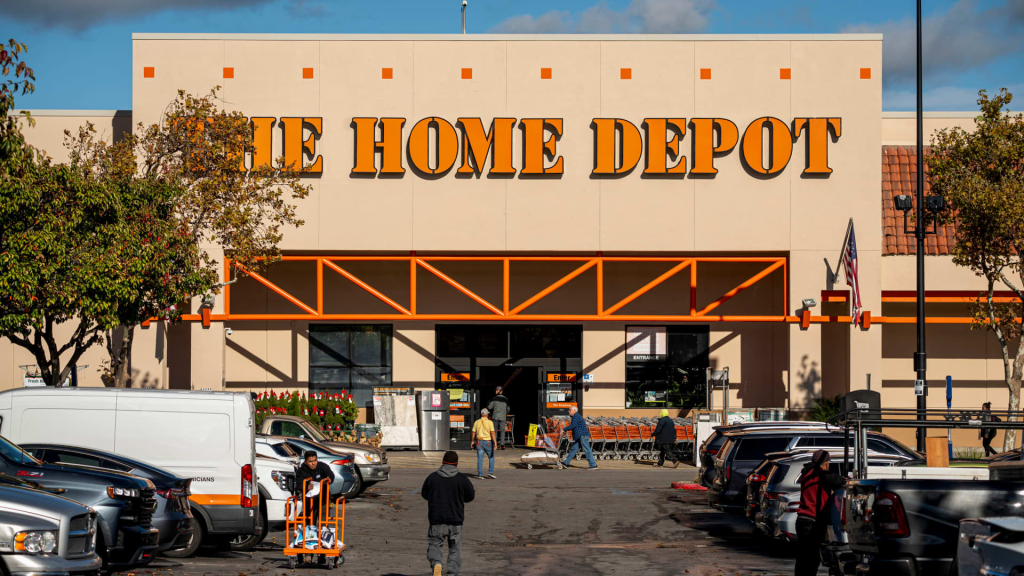On Monday, Home Depot announced its acquisition of GMS, a distributor of building products, in a deal valued at approximately $4.3 billion. This strategic move is aimed at increasing sales among contractors and other professionals within the home improvement sector.
In early trading, shares of Home Depot remained stable, while GMS’s stock surged by over 11% following the announcement.
Under the terms of the agreement, SRS Distribution, a subsidiary of Home Depot, will acquire all outstanding shares of GMS at a price of $110 per share. The total deal is expected to reach about $4.3 billion, and when factoring in net debt, the overall enterprise value is anticipated to be around $5.5 billion. Home Depot expects the acquisition process to be finalized by early 2026.
This acquisition also puts an end to a potential bidding war that involved billionaire Brad Jacobs, whose company QXO had proposed a cash offer of about $5 billion to acquire GMS. Jacobs indicated that he would pursue a hostile takeover if GMS’s management chose to reject his offer.
Home Depot’s focus on this acquisition aligns with its growth strategy targeting a more stable segment of the home improvement market, specifically professionals such as electricians, roofers, and home renovators who require a steady supply of materials for large-scale projects throughout the year. The retailer is accelerating this strategy with the addition of GMS.
Last year, Home Depot made a significant acquisition of SRS Distribution for $18.25 billion, marking its largest purchase to date. SRS, based in Texas, supplies professionals across various sectors, including landscaping, roofing, and pool services, and has expanded by acquiring several smaller suppliers.
Read more
Home Depot’s emphasis on servicing professional clients comes at a pertinent time, as sales to do-it-yourself consumers have slowed down. The slowing demand among homeowners for significant projects is largely attributed to rising mortgage rates that have led to decreased housing turnover and heightened borrowing costs.
The company projects total sales growth of 2.8% for the entire fiscal year, with comparable sales—excluding the effects of one-time events like new store openings—expected to rise by about 1%.


























